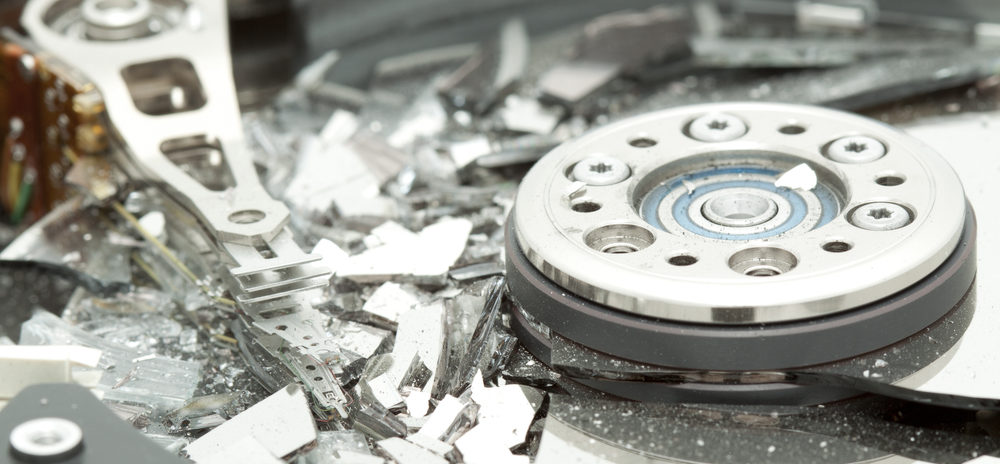Overview – Data Recovery Services
When your hard drive fails, Tech360i can help recover your data. Whether it is a flash drive, laptop hard drive, desktop drive, a server, a network attached RAID, or even a solid-state memory device (SSD), we have the tools to recover your data. In addition, our data recovery services are available 24/7 and we provide a free diagnostics service, so you will know all the options available and cost before we begin recovering your data. Call us today to discuss your data recovery needs. We offer free estimates and a list of all files that can be retrieved.
Recover
Because you may only get one chance at hard drive recovery. No recovery is too small or too big for the most experienced data recovery team in the industry.
Restore
Email Restoration – Save valuable time and money using Tech360i’s power control software. From Exchange 5.5 to Office 365, Tech360i’s power control software saves precious time and money wherever your email resides – on-premises, in backups, or in hybrid cloud environments.
Erase
Securely erase data from all IT assets, including servers, computers, smartphones, tablets, virtual machines, individual files, flash drives, logical drives, and SSDs.
eDiscovery
Our advanced technologies and consultative expertise help organizations manage the legal and technical aspects of ediscovery, while reducing cost and risk.
Signs and Causes of Hard Drive Failure
When you begin to experience any signs of the items presented below, it is time to take action below your hard drive fails. As a best practice, you should power down your hard drive and have it evaluated by a data recovery expert. Hard drives are complex devices, with many fragile and moving parts. Therefore, any attempt to repair or recover your may result in additional damage or permanent data loss. Here are a few examples:
- Grinding sounds
- Hard drive does not power on
- Clicking sounds
- File corruption’
- Slow operation
- Drive platter not spinning
- Incorrect drive information
- Missing files
- Issues related to or caused by recent virus or ransomware infections
- Data corruption
- Impact/Drop damage
- Water damage
- Smoke/Heat damage

